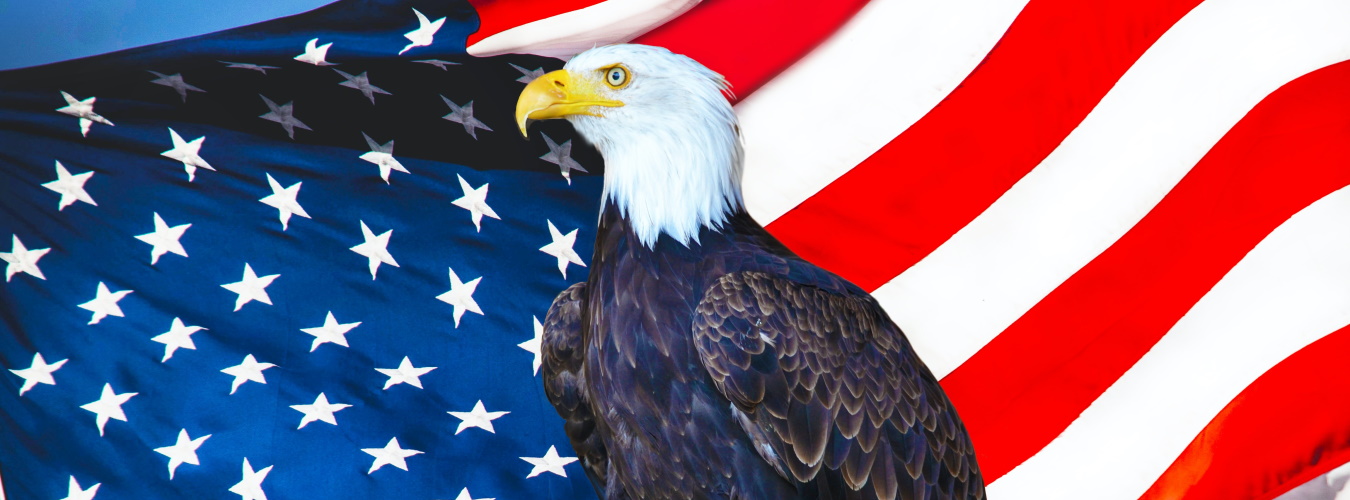Ask dealers to look back at the last year and identify which vehicle sales turned into nightmare deals and you’ll get a consistent set of answers
- Complainer – From the start, the customer treated the staff rudely
- Grinder – Transaction where the customer was never satisfied with the discount and continued to ask for more (even when their last “final” demand was met)
- Impatient – Customer has “a million” other things to do and since their time is more valuable than everyone else they should obviously be moved to the front of the line
- Know-it-all – The customer has access to the internet and now knows everything there is to know about the vehicle they want (which is often not the vehicle they need)
I’m not saying that everything that goes wrong in the dealership is the customer’s fault. We dealers and our employees are certainly liable for many of the things that go wrong when selling vehicles. When analyzing how and why particular sales went into a death spiral, it’s common to find the instance where things started to go wrong (and then additional mistakes are usually piled on top of the first one). When conducting the forensic analysis, there is usually a point where I find myself saying “if only the dealership had followed their policy at this point in the sale.”
Now that I’ve been (mostly) out of the dealership for 6 years, it’s easier to look at dealership operations from another level. When I meet and talk to dealers, I often ask about the problems and issues they are dealing with. For Powersports dealers, I often find that they spend an inordinate amount of time dealing with a few customers, and many of these problem scenarios are rooted in what I call “NASCAR Deliveries”. These are the sales where the dealership turns over control of the sale to the customer, and then the staff speeds their purchase through the departments in an attempt to have it ready to meet the customer’s deadline. These are the deals that owners and GMs come to regret.
Selling a new motorcycle or ATV is not like buying a couch from Wally world. There’s legal paperwork that needs to be signed, customers need training on their new purchase, batteries need to be prepped and charged, and money needs to change hands. Paychecks aren’t the only things impacted by the vehicles we sell, lives are at stake. The right vehicle delivered with the right process can lead to a lifetime relationship between the customer and the dealership. The right vehicle delivered NASCAR style can lead to something similar to a bad marriage where kids are involved. Mistakes can lead to lost lives, and the worst transactions are often settled by the courts.
For a few years now, a moratorium on Saturday deliveries has been floating around in the back of my brain. For most dealers, the NASCAR deals are the ones done on Saturdays. The customer is in a rush, the salesperson wants fresh ups, the best tech is out with COVID, there are 8 other vehicles in the queue, and the dealership still attempts to make it happen. These are often the deals where F&I didn’t get 2 signatures on the loan form, the recall to fix the brakes was overlooked, and the first time the customer takes out his new purchase it runs out of gas 4 miles from the cabin. Once the customer has one problem, their trust in the dealership will falter, and they’ll find more things to complain about.
I get to talk to sales personnel across the country. One of the traits I see in the most successful salespeople is that they never relinquish control of the deal or the customer. They call the shots and will give the customer options instead of asking what works best for them. By slowing down the process, the dealership gains time to ensure that the customer has a great delivery/ownership experience. The strong sales person will tell the customer “OK, I have two delivery windows available, Wednesday or Friday from 3-4PM, which one works best for you?” The rookie salesperson will quickly fold and say something like “we are crazy busy today and we are also short staffed, but let me see if I can pull some strings to get it knocked out”. These NASCAR deliveries are always the ones that go sideways.
Slowing the delivery down not only results in a better experience for the customer and the dealership, but it also allows your sales team to get back onto the floor during the best day for meeting and greeting new customers and generating new leads. Very few dealerships have the ability to fully staff up for the busiest times of their business. By changing when you deliver vehicles, you are moving business from a busy time to a slower one. It just makes sense.
I know that some dealerships will push back with old tropes about “striking while the iron is hot”. By delaying a deal, maybe a dealership will occasionally lose a deal, but I think that’s easily offset by the increased customer satisfaction from all of the other happy customers who had a great delivery experience. You can still get the paperwork knocked out on the same day (or just take a down payment from the customer to “secure” the deal), and the customer can still visit the other departments. There are ways to extend the customer’s commitment. If the customer wanted a new motorcycle on Saturday, and then no longer wants it the following Tuesday, I’m not sure they were ever really sold on that vehicle.
This would be a quantum change for many dealerships, but in the end I have no doubt that the benefits of curbing NASCAR deliveries far outweigh any potential downsides.
#Powersports #Marine #RV #CSI #CustomerSatisfaction #Delivery #Vehicles #Motorcycle #ATV #Sales

